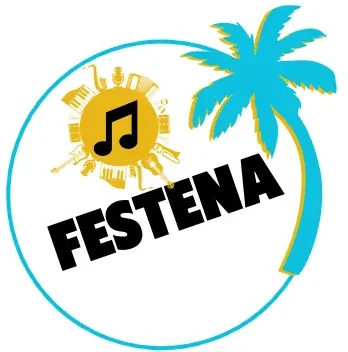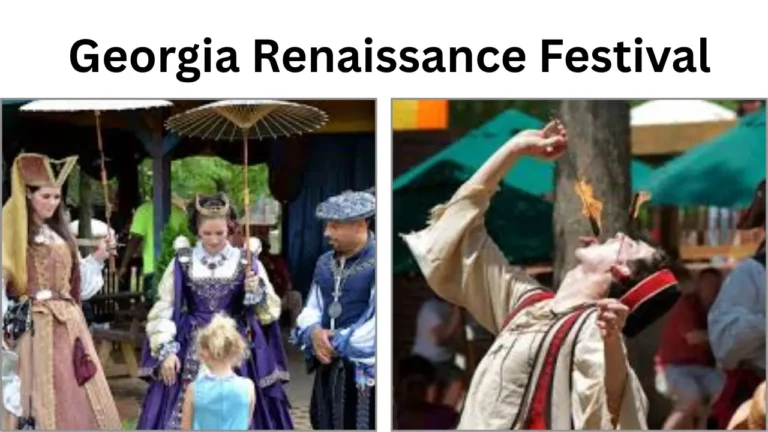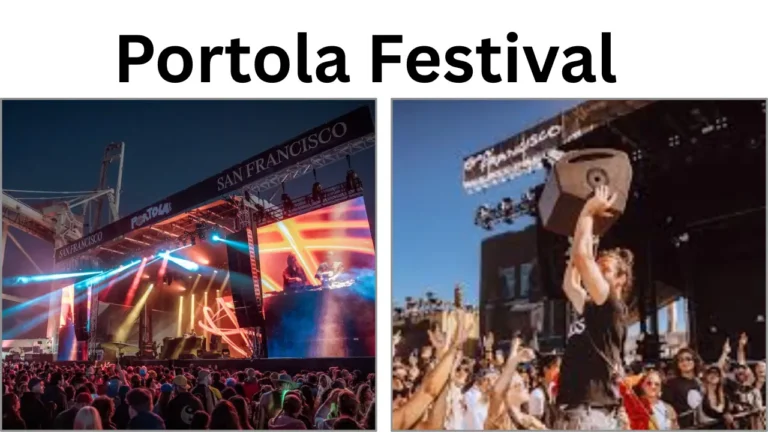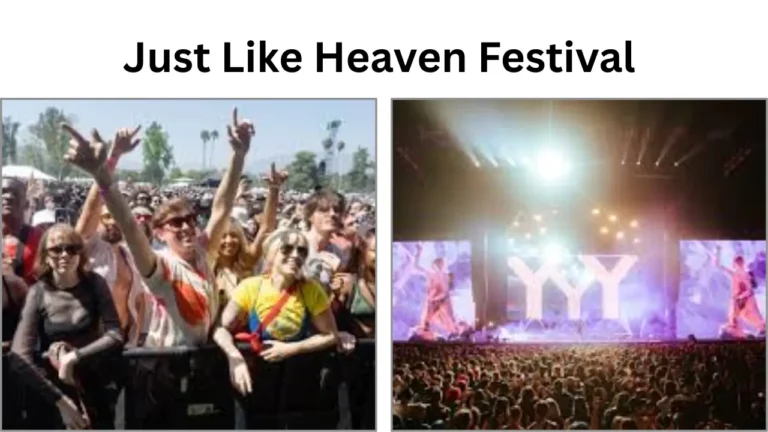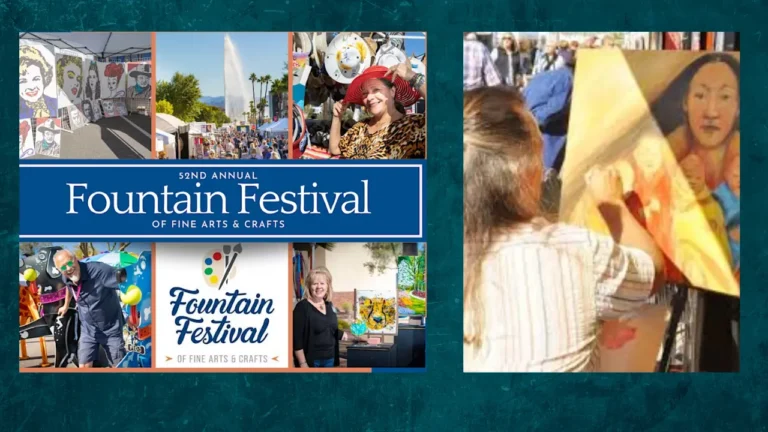Greek Food Festival Date Time and Location
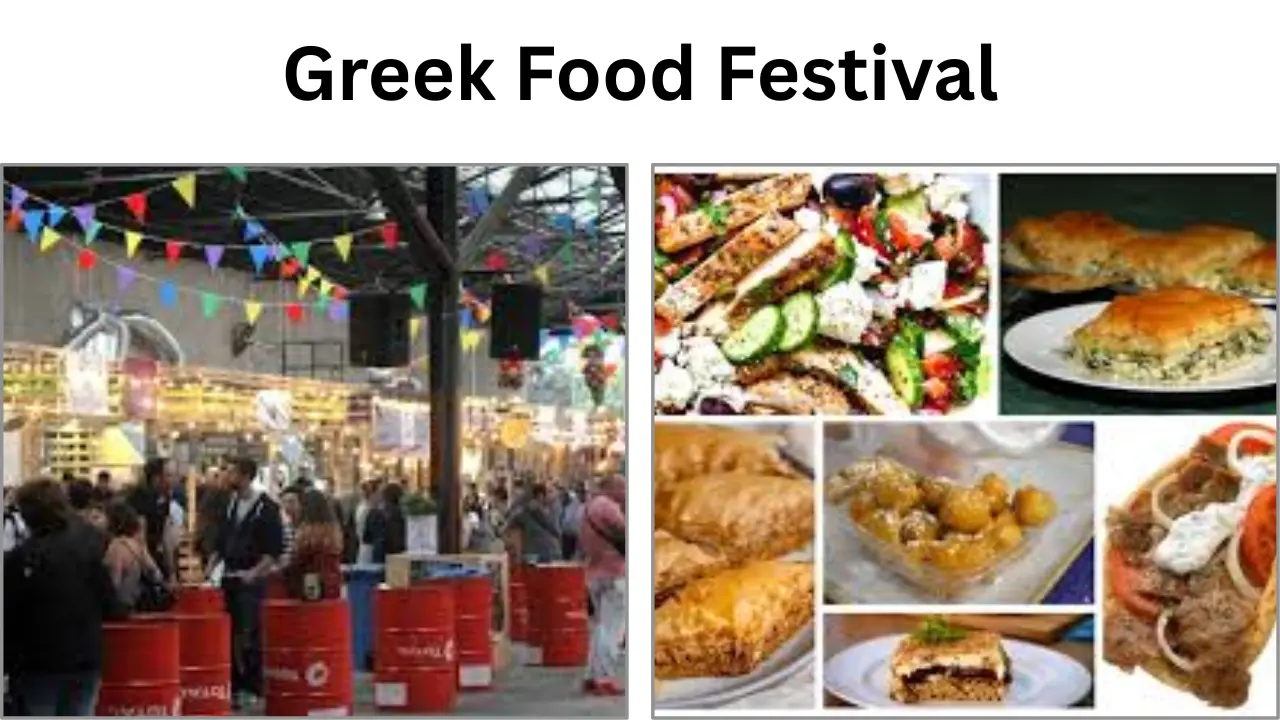
Air fills with the savory aroma of grilled meats and the sweet scent of honey drenched pastries during one of the most beloved cultural events of the year the Greek food festival. These festivals aren’t just about food; they are full of energy, dance, music, and history. Much like the magic of the Fort Worth Water Lantern Festival, a Greek food festival brings people together to share light, tradition, and joy.
What type of festival it is?
This festival is a cultural celebration centered around the rich history and flavors of Greece. While food is the main attraction, the event offers a broader cultural experience. You’ll find authentic Greek music, traditional dances, and educational displays that introduce attendees to Greece’s religious and historical roots.
Guests can explore vendor booths, try homemade Greek meals, and enjoy performances by youth and adult folk dance groups. it’s a fun, immersive way to experience the heart of Greece without leaving the United States.
Location
You can attend a Greek food festival in almost every state, especially in cities with large Greek American populations. From California to New York, these festivals pop up between spring and fall, providing widespread access to Greek hospitality.
Here’s a table of notable locations and festival dates for 2025:
| City | Festival Name | Tentative Dates (2025) |
|---|---|---|
| Chicago, IL | Taste of Greektown | August 22–24 |
| Dallas, TX | Greek Food Festival of Dallas | October 31 to November 2 |
| Charleston, SC | Charleston Greek Festival | May 9–11 |
| San Jose, CA | San Jose Greek Festival | May 30 to June 1 |
| Scranton, PA | Annunciation Greek Food Festival | June 10–14 |
| Pittsburgh, PA | Multiple Parish Festivals | May to September |
| Houston, TX | Original Greek Festival | October 2–4 |
| Memphis, TN | Memphis Greek Festival | Early May |
Each of these cities offers a unique flavor of the celebration, often tailored by the local church community. Some focus heavily on dance and culture, while others highlight food and entertainment.
Motive behind the festival
The main goal of this festival helps Greek culture and traditions alive. It also teaches people who are not Greek about the history and lifestyle of Greece. Many Greek American families take part in the festival. It helps the younger generation learn about their roots. The money made from the festival often goes to the church or to help people in need. So, it’s not just a fun time it also supports good causes.
| Food Item | Description |
|---|---|
| Souvlaki | Grilled meat skewers, usually pork or chicken, served with pita and sauces. |
| Gyros | Sliced meat (beef, lamb, or chicken) in pita bread with tomatoes and tzatziki. |
| Moussaka | Baked layers of eggplant, spiced beef, and creamy béchamel sauce. |
| Pastitsio | Greek lasagna made with pasta, ground meat, and béchamel topping. |
| Spanakopita | Spinach and feta cheese wrapped in flaky phyllo pastry. |
| Dolmades | Grape leaves stuffed with herbed rice or meat. |
| Greek Salad | Fresh tomatoes, cucumbers, onions, olives, and feta cheese with olive oil. |
| Baklava | Sweet pastry with layers of phyllo, chopped nuts, and honey syrup. |
| Loukoumades | Fried dough balls drizzled with honey and cinnamon. |
| Galaktoboureko | Custard-filled dessert wrapped in phyllo and soaked in sweet syrup. |
Who organizes this festival?
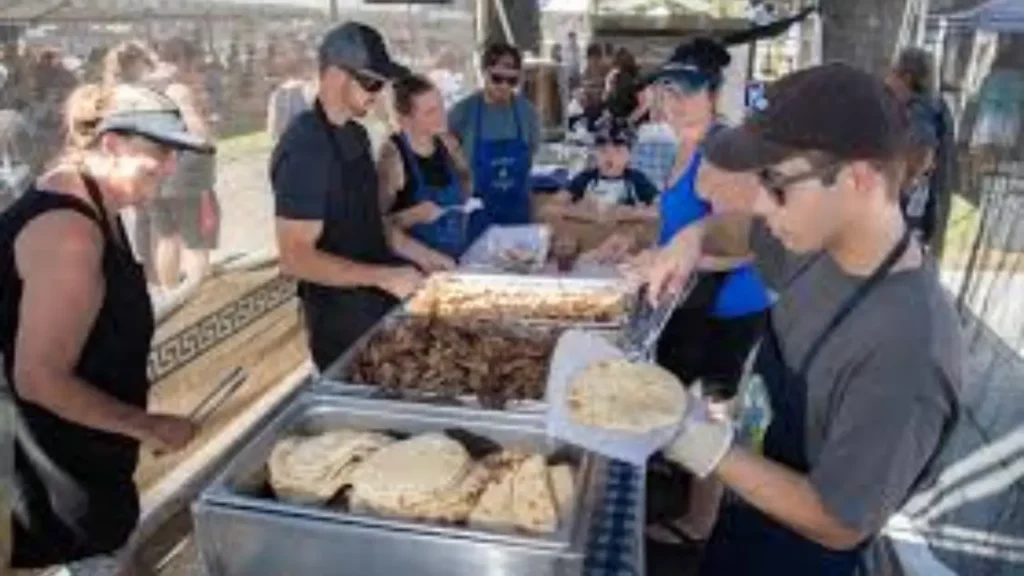
This festival is mostly organized by Greek Orthodox churches. Church members and volunteers plan the event and work hard to make it great. People cook food, decorate the space, sell items, and perform dances. This teamwork shows how close Greek communities are. Even children help out by dancing or serving food. Everyone works together to give visitors a warm and fun experience.
Where to Buy Tickets for this festival?
Most Greek food festivals have very accessible ticketing options. Entry is often free or low cost, especially for children. You can usually purchase food tickets, meal packages, and raffle entries either at the entrance or online.
Date and Time of this festival
The timing of this festivals depends on the region. Warmer states like California and Texas may hold festivals in early spring or late fall, while northern states prefer summer months. Most festivals last 2–3 days, typically over weekends.
Let’s look at a sample schedule for a typical this festival:
| Day | Opening Hours | Special Events |
|---|---|---|
| Friday | 5 PM – 10 PM | Opening ceremony, music |
| Saturday | 11 AM – 10 PM | Dance shows, wine tasting |
| Sunday | 12 PM – 6 PM | Cultural exhibits, raffle |
Some festivals also have extended hours for drive thru or takeaway services. Many now offer live streamed performances or virtual cooking classes, so you can join in even if you’re far away.
Greek Food Festival Performer
This festival in 2025 will feature live music, folk dancers, and cultural shows across the U.S. Acts like Irini Kyriakidou and Perifania Dance Groups will perform, bringing Greek traditions to life with energy and joy.
| City / Festival | Performer or Group | Date | Performance Type |
|---|---|---|---|
| New Orleans, LA | Irini Kyriakidou (Soprano) | May 23–24 | Live Sunset Serenade |
| Chicago, IL (Lincoln Park) | The Wise Guys (Rock Band) | June 6 | Live Band |
| Chicago, IL (Lincoln Park) | 16 Candles (Pop Rock Band) | June 6 | Live Band |
| Chicago, IL (Lincoln Park) | Ormi Orchestra | June 7–8 | Traditional & Modern Greek Music |
| Chicago, IL (Lincoln Park) | Whispers of the Mediterranean (Youth Dance) | June 7–8 | Folk Dance |
| Chicago, IL (Lincoln Park) | Cretan Youth of Chicago | June 7 | Cretan Folk Dance |
| Chicago, IL (Lincoln Park) | Perifania Adult Dance Group | June 7 | Adult Traditional Dance |
| Chicago, IL (Lincoln Park) | Perifania Youth Dance Group | June 8 | Youth Traditional Dance |
Final Thoughts
The Greek food festival is more than just an event it’s a celebration of culture, food, and togetherness. With music, dancing, and delicious meals, it brings people of all backgrounds together in a joyful way. Much like the Orange City Tulip Festival, it offers a warm, cultural experience that delights the senses and connects communities. Whether you’re tasting baklava for the first time or watching a live Greek dance, the experience is unforgettable. As festivals continue across the U.S. in 2025, they remind us of the power of tradition, community, and shared joy.
